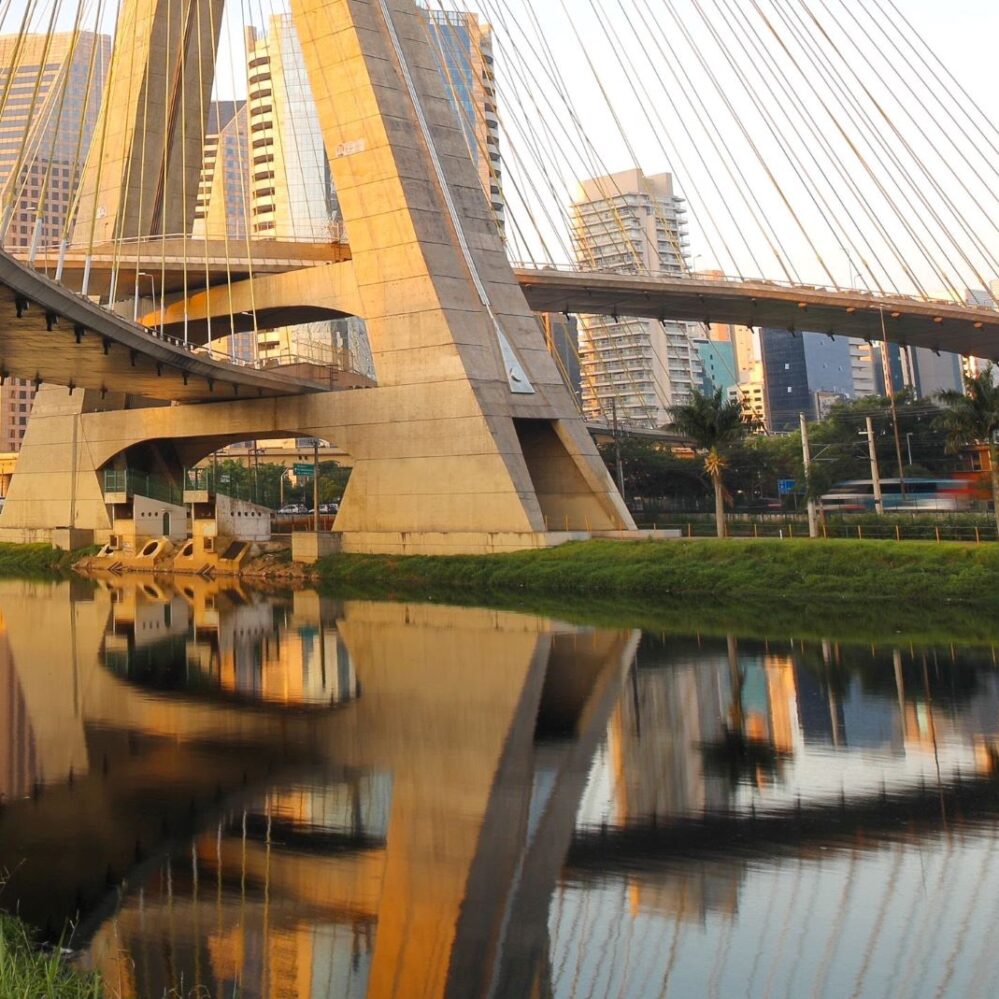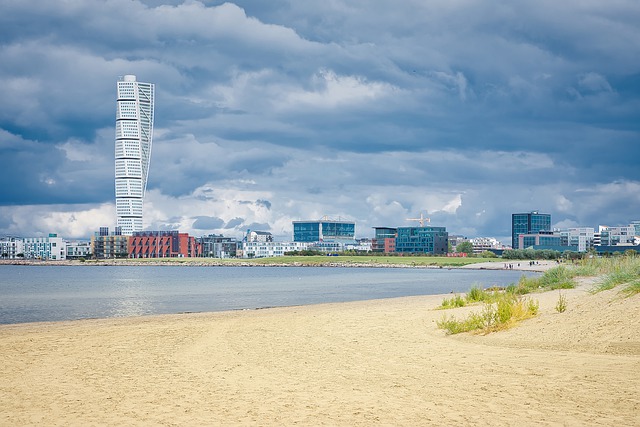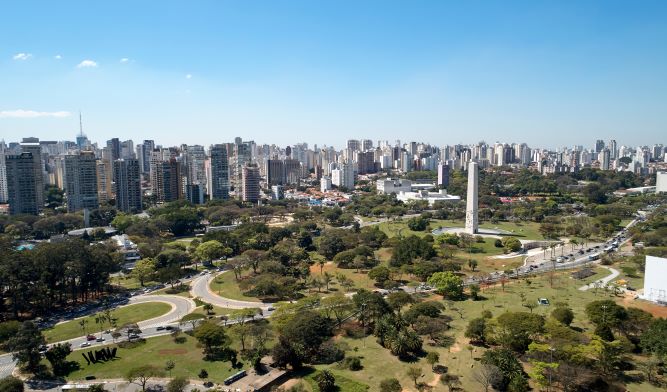At the ICLEI World Congress 2024, ICLEI announced our new Gender Declaration as a commitment to integrating gender equity into the heart of the organization’s endeavors. The declaration will be a guiding foundation for our network of 2500 local and regional governments to implement gender equity into sustainable urban development by empowering women, addressing gender-specific challenges, and promoting inclusive governance and planning.
The announcement took place during the thematic session “How everyone can thrive in gender-responsive cities” on 20 June 2024, which highlighted the urgent need for gender-responsive urban planning and governance to ensure equitable benefits for all genders.
ICLEI’s Gender Declaration emphasizes the critical importance of integrating gender equity into sustainable development. As urbanization rapidly progresses, with two-thirds of the world’s population projected to reside in cities by 2050, the declaration underscores that women and marginalized groups must not be overlooked. Currently, women hold only 35.5% of local government positions globally, illustrating a significant gap in inclusive governance.
“Every individual should have equal opportunity to flourish,” said Katrin Stjernfeldt Jammeh, Mayor of Malmö, Sweden and ICLEI President. “Globally, women occupy 35.5% of government positions. This collective commitment from ICLEI recognizes, values and integrates perspectives and voices of women globally. This Declaration also responds to the Malmo commitment and ICLEI’s strategic vision, cutting across its five pathways, particularly on the Equitable Development pathway,” she said.
“While sustainability efforts often aim to be gender-neutral, it is imperative to recognize that gender is not a monolithic concept, and women, in particular, face distinct challenges within environmental and social contexts,” said Gino Van Begin, ICLEI Secretary General, announcing the declaration.
The declaration outlines eight key commitments aimed at empowering women and promoting gender equity:
- Empowering women in the work that we do, recognizing that sustainable development cannot be just or fair without gender equity at its core, while being mindful of the challenges that hinder their inclusion, and finding appropriate solutions to reduce and ultimately remove barriers.
- Elevating women’s empowerment through economic emancipation that catalyzes female-led innovation, entrepreneurship, and financial inclusion.
- Promoting women’s leadership and participation in decision-making, planning, and implementation processes related to sustainability at all levels of governance.
- Addressing gender-based violence and disparities that are exacerbated during times of crisis, while applying Build-Back-Better principles (BBB) that are gender-sensitive, gender-responsive, and gender transformative.
- Redefining the physical urban landscape with a gender-transformative approach that takes into account the specific needs of women, promoting equal access to urban services, opportunities, and improving the socio-economic outlook.
- Advocating for quality gender-disaggregated data that informs evidence-based interventions and reveals need-based services for women.
- Fostering partnerships and joining concrete initiatives that work to advance gender equity for sustainable change, acknowledging that concerted efforts are needed in order to strengthen capacity-building and gender-responsive climate action.
- Transforming women’s lives for the better, amplifying their voices, and equipping them with the tools, resources, and opportunities needed to thrive and lead in sustainable, inclusive communities.
The Gender Declaration responds to the ICLEI Malmö Commitment and Strategic Vision 2021-2027, and particularly to ICLEI’s Equitable Development pathway, which aims to build just, livable, happy and inclusive urban communities, addresses the systemic causes of poverty and in- equality, and safeguards the natural support systems for human life. This approach also highlights the necessity of gender equity and inclusivity in all aspects of sustainable development, recognizing the unique contributions and needs of women and marginalized communities in fostering resilient urban environments.





